Every year, we see new benchmarks of upcoming chipsets and each time, these new chipsets are better than their predecessors, but that isn’t the case with Google’s Tensor chipsets which aren’t exactly known to be the most powerful chipsets on the market, especially compared to the competition.
As it turns out, Google isn’t too concerned about that. Speaking during the fourth episode of the Made by Google Podcast, senior director of product management for Google Silicon Teams Monika Gupta revealed that Google is “comfortable” with the way things are at the moment, and that they are focusing on the long road ahead instead of focusing on the now.
“I’m not making decisions based on where machine learning is today, and I can say that because I work at Google. Same with the software that our software team is doing. I know where the software team wants to take the user experiences five years from now. That’s the benefit of not being a merchant silicon supplier, but an in-house silicon supplier. So those trade-off decisions are very tough, but I think they get a little easier when you’re vertically integrated.”
It is true that while the Tensor chipsets might not be the most powerful in the market at the moment, it’s hard to deny that despite all of this, Google’s Pixel phones still manage to put out an impressive performance by leveraging Google’s experience in AI, churning out photos and videos that are honestly very impressive.
Plus the fact that Google is also the one developing Android means that the company can design Android and/or its Tensor chipsets around it, similar to Apple’s approach to its A-series chipsets and iPhones, so it will be interesting to see what the road looks like for Google and its Pixel phones in the future.
Source: 9to5Google

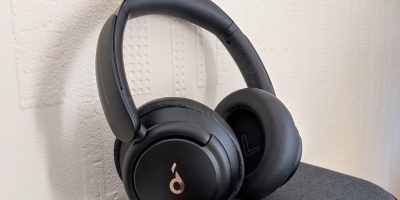

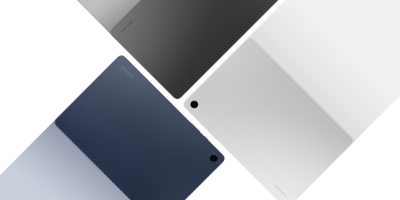
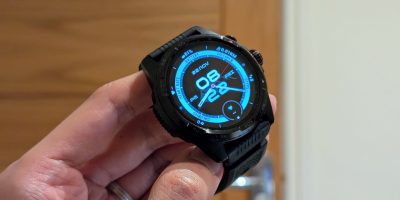


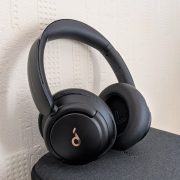
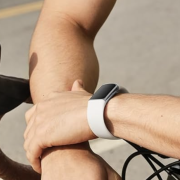
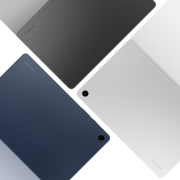

Comments